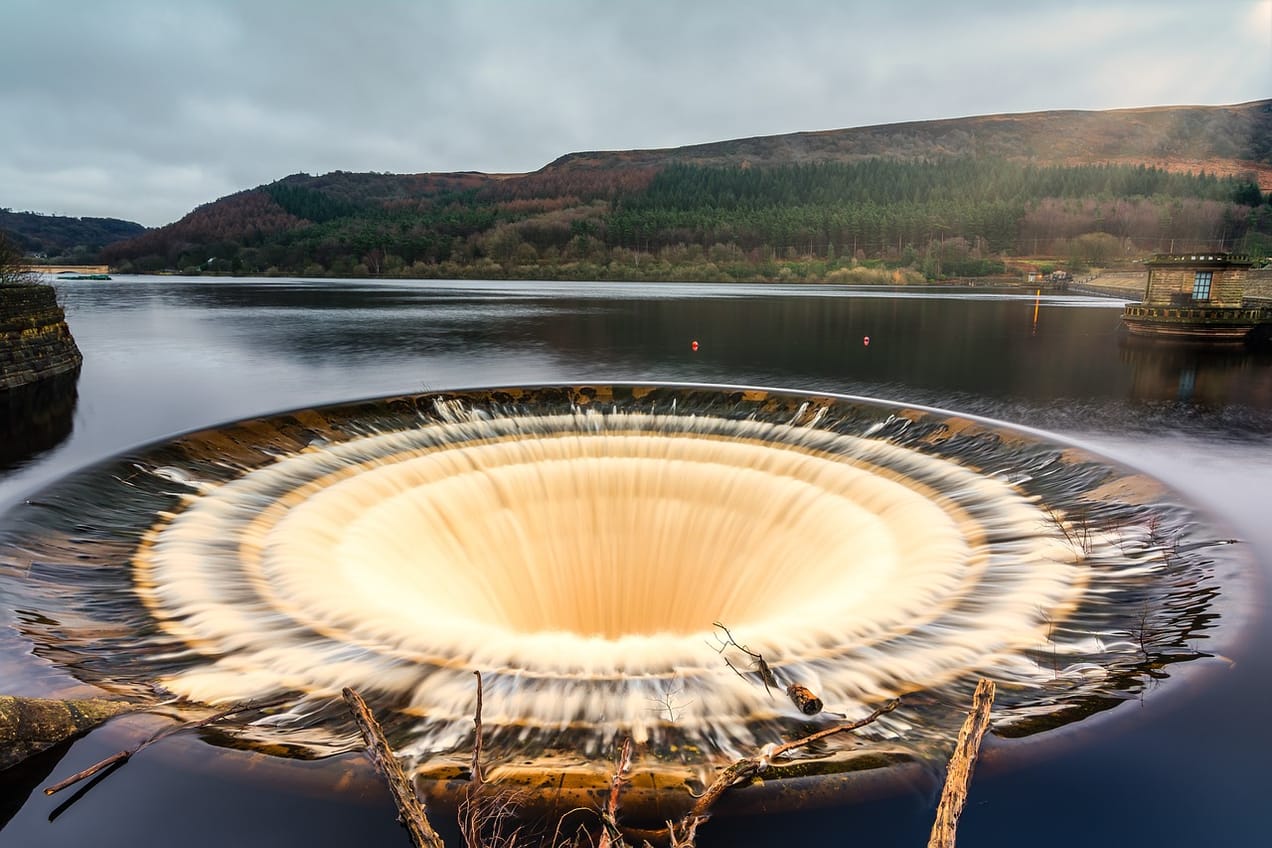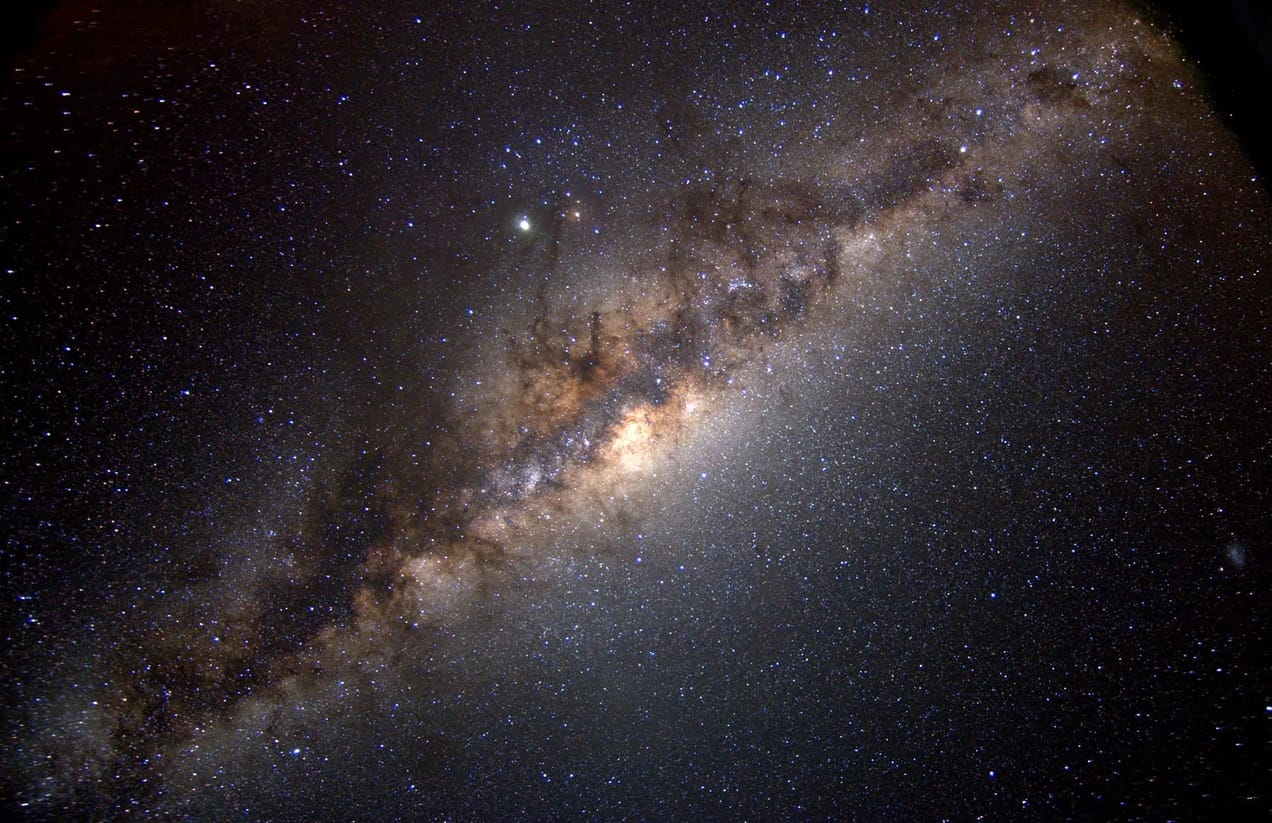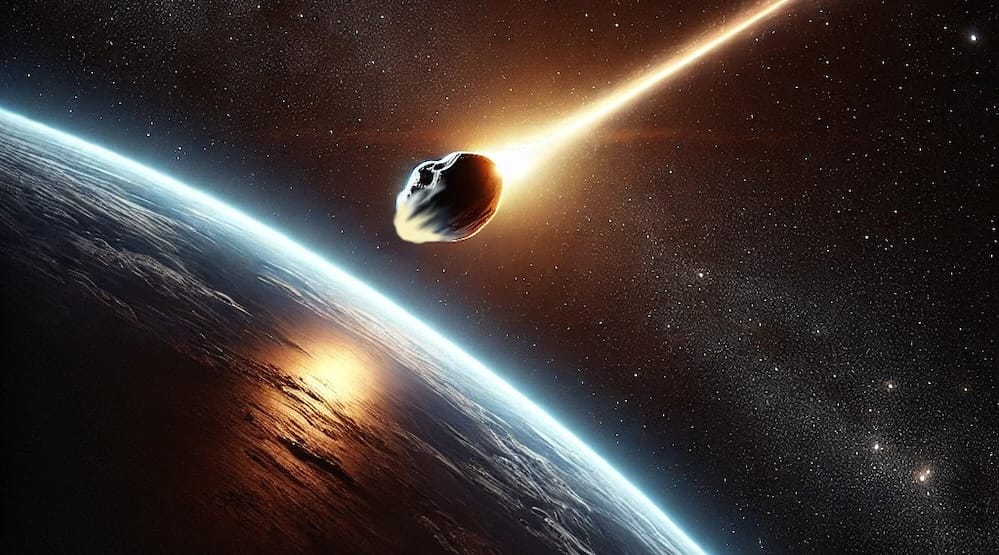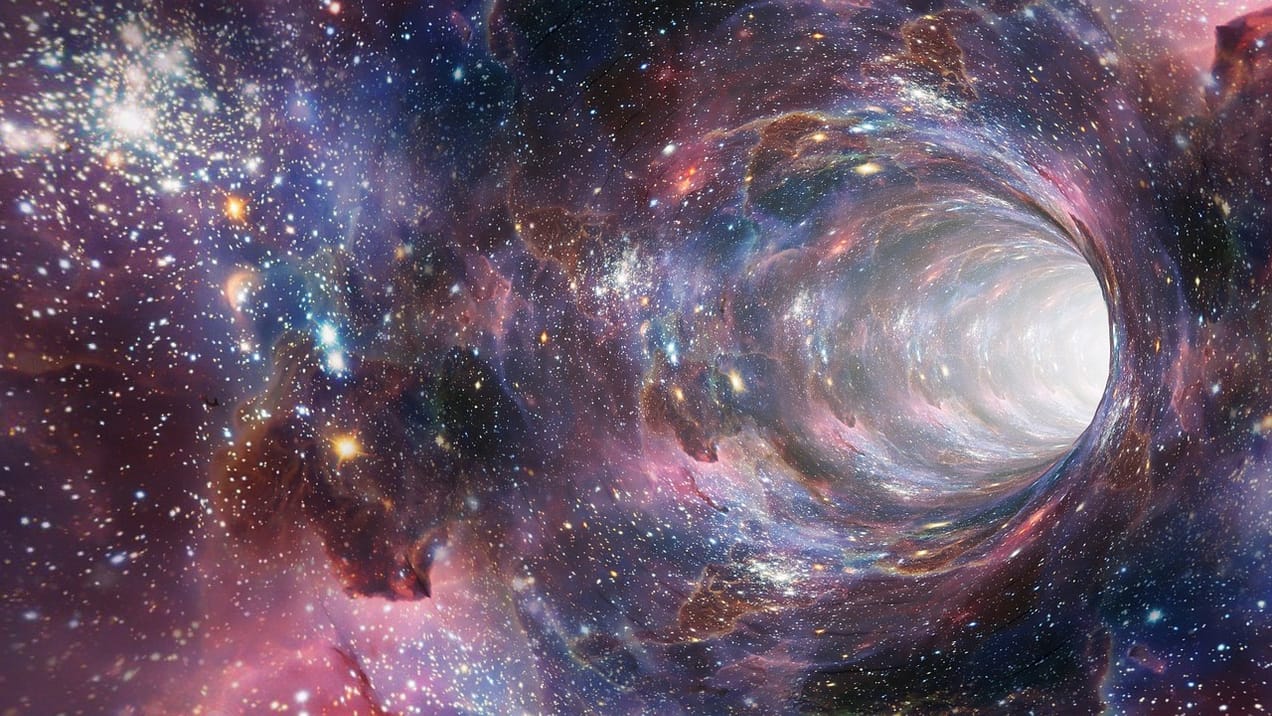science
American brain drain
We used to be the world's safe haven for science, but now scientists are fleeing.
Struggling to keep the universe in sight
The future is too bright.
Precision fermentation — feeding the planet with science?
The oldest biotechnology holds promise for the future of food.
A less crowded future
Almost no one saw this coming.
What degrowth is, and why it matters
Against cultures of planned obsolescence.
The rehabilitation of truth
You cannot build a secular civilization into the future without a kind of faith.
Solarpunk humanism: How we dream bigger than despair
Solarpunk offers a potent narrative space for imagining secular worlds to come, and how to get there.
Biophysicist: Society will 'eventually accept' designer babies
"Why wait 100,000 years for natural selection to do its job?"
How much should we worry about asteroids?
Astronomers have found an estimated 40% of the near-Earth asteroids that are 140 m and larger. You do the math.
Eco-friendly transportation? The good, the bad, and the pipe dreams
The saying about putting a fox in charge of the hen house grossly underestimates human ingenuity. We are not foxes, and so we have the ability to be much cleverer custodians of institutions we’re still destroying.
Longtermism: the good, the bad and the ridiculous
Some philosophers stray into religious fantasy when they argue that a far-off utopian scenario supersedes any obligations to the present.
Reclaiming human agency in how we think about AI
Reading Time: 9 minutes Online panic about AI models like ChatGPT follows a well-travelled path set by impoverished understandings of evolutionary theory. Can we reclaim human agency?












